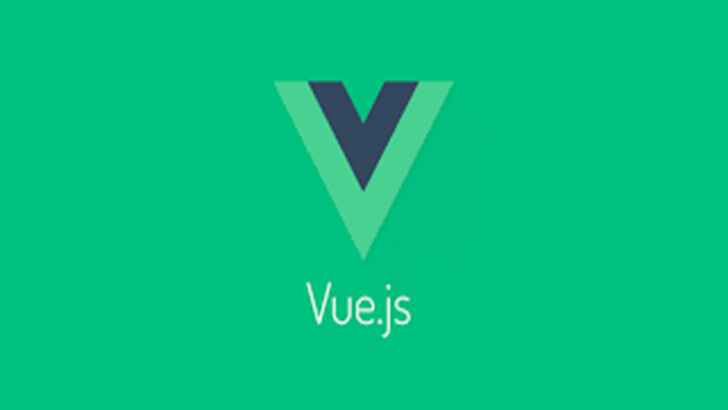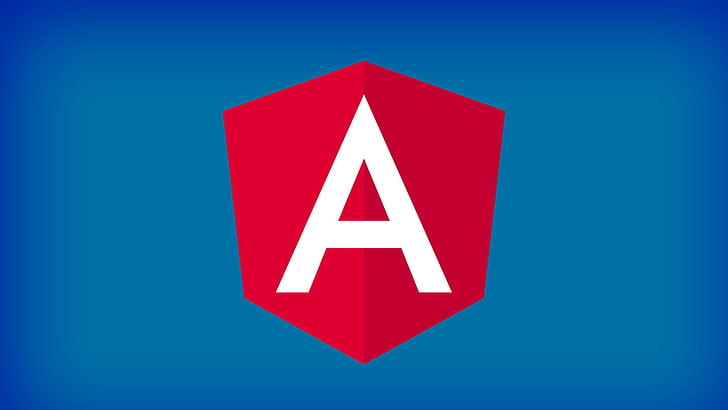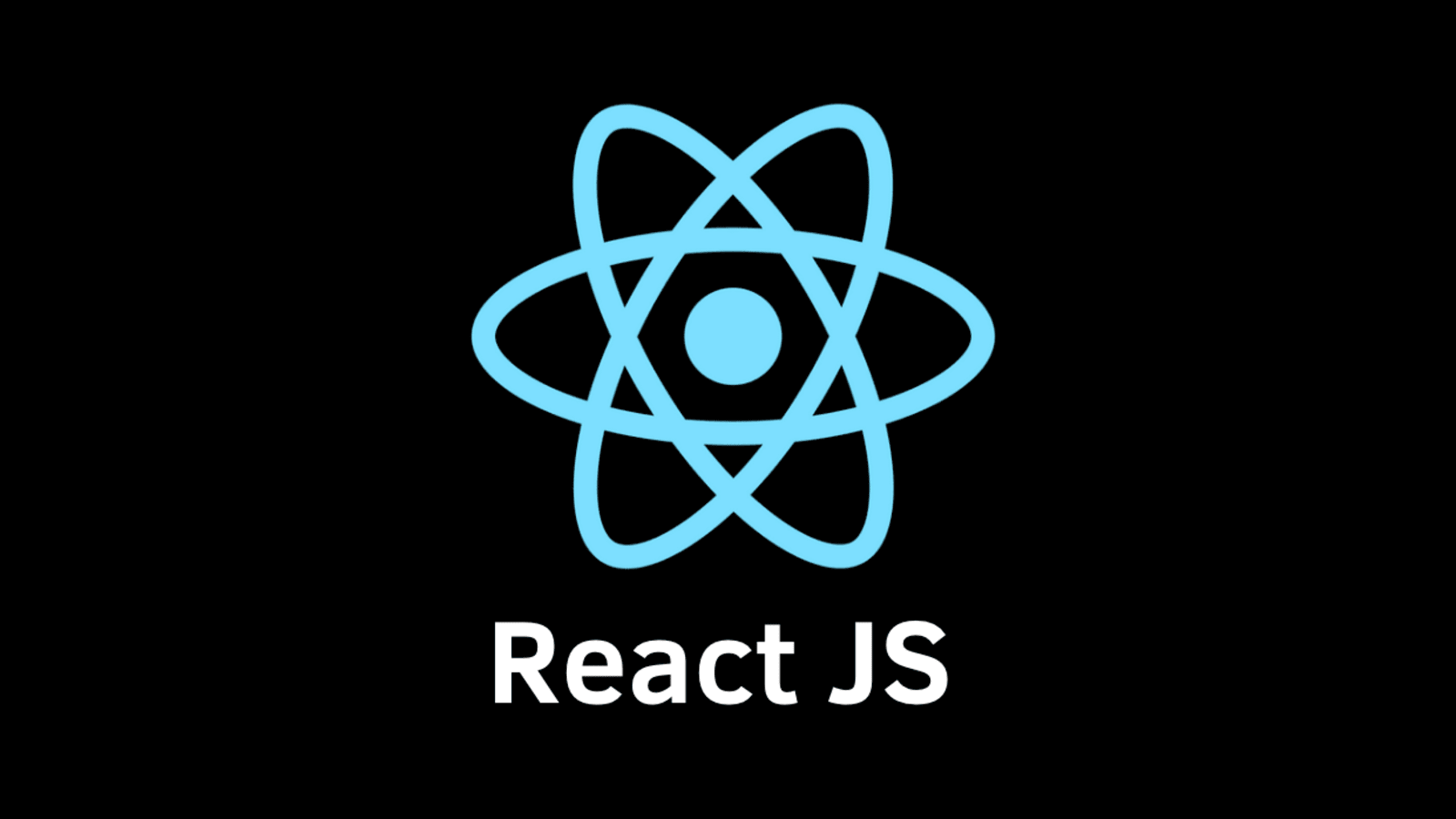
Mastering Vue.js: A Comprehensive Guide
Welcome to the world of Vue.js, a powerful JavaScript framework that has gained immense popularity for building dynamic and interactive user interfaces. In this blog post, we'll explore key aspects of Vue.js, from its core concepts to advanced features, empowering you to become a proficient Vue.js developer.
1. Introduction to vue.js
Introduction to Vue.js: Building Dynamic User Interfaces with Ease
Vue.js, often hailed as the progressive JavaScript framework, has emerged as a go-to choice for developers seeking an intuitive and flexible solution for front-end development. Created by E van You and first released in 2014, Vue.js has rapidly gained popularity due to its simplicity, adaptability, and gradual learning curve.
What is Vue.js?
Vue.js is a JavaScript framework designed to facilitate the development of interactive and responsive user interfaces. It is particularly well-suited for building single-page applications where smooth user experiences are paramount. Vue.js adopts a component-based architecture, allowing developers to break down complex UIs into manageable and reusable pieces.
Key Features
- Declarative Rendering: Vue.js embraces a declarative approach to describe the UI's appearance at any given time. By binding the UI to the underlying data, developers can create dynamic interfaces without the need for extensive DOM manipulation.
- Component System: Vue.js promotes the creation of modular components that encapsulate both structure and behavior. This not only enhances code organization but also facilitates the reuse of components across the application.
- Reactivity: Vue.js employs a reactive data-binding system, ensuring that changes in the data automatically trigger updates in the UI. This reactive nature simplifies the development process by eliminating the need for manual DOM manipulation.
- Vue Router: For creating seamless single-page applications, Vue Router provides a robust navigation solution. It enables developers to define and manage application routes with ease.
- Vuex: As applications grow in complexity, managing state becomes crucial. Vuex, Vue's state management library, provides a centralized store for managing application state in a predictable and efficient manner.
Getting Started
Getting started with Vue.js is remarkably straightforward. Developers can include Vue.js in their projects via CDN, or use build tools like Vue CLI for a more structured setup. Once integrated, Vue.js applications are initialized by creating a Vue instance, which serves as the root of the application.

Why Vue.js?
- Progressive Framework: Vue.js is adaptable, allowing developers to introduce it gradually into existing projects. This progressive nature makes it an ideal choice for developers looking to incrementally enhance their applications.
- Community and Ecosystem: Vue.js boasts a vibrant and supportive community. With a growing ecosystem of libraries and tools, developers have access to resources that simplify various aspects of development.
- Documentation: Vue.js is praised for its comprehensive and well-structured documentation. Whether you're a novice or an experienced developer, the documentation serves as an invaluable resource for learning and reference.
In conclusion, Vue.js empowers developers to create modern and dynamic user interfaces with efficiency and simplicity. Its versatility, combined with an active community and excellent documentation, positions Vue.js as a frontrunner in the ever-evolving landscape of front-end development. Whether you're building a small project or a complex application, Vue.js is a framework worth exploring.





